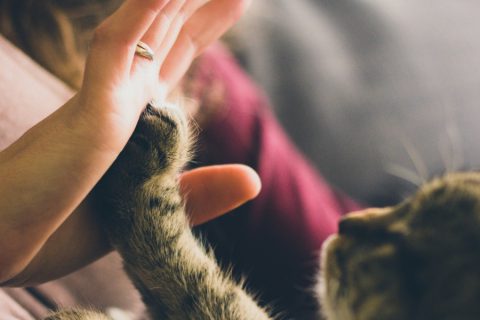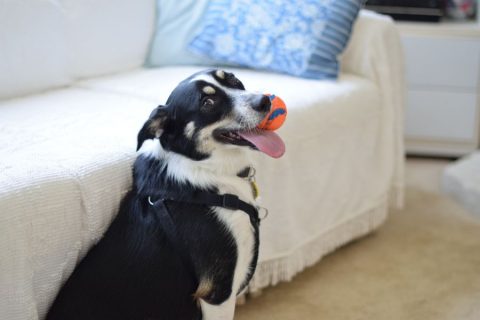What To Do If Your Pet Won’t Eat Their Food

(Image via Unsplash)
We’ve all been there—your furry best friend suddenly turns up their nose at their dinner. Panic sets in—after all, who doesn’t worry when their beloved pet refuses to eat?
Many questions can flood the mind when a pet suddenly stops eating. There can be many reasons for their change of habit, too, ranging from illness to mood shifts. Still, while keeping an open mind is important, panicking won’t help and may only delay you in carrying out the necessary measures.
So, what should you do if your pet suddenly won’t eat their food? Let’s unpack this question.
Assess Your Pet’s Health
The first step is to check your pet’s health. As we mentioned, these changes can be well-being related, and nothing is more important than your pet’s health.
Is your pet showing other signs of illness, such as lethargy, unusual aggression, or changes in toileting habits? If so, it’s time for a quick trip to the vet, as you’d rather be safe than sorry! After all, our pets can’t tell us when they’re feeling low, so looking for any irregularities in their behavior and body language is a good idea.
It may even be worth keeping a diary that notes your observations of your pet’s behavior. Once you have a few things jotted down, you can present your findings to your vet, who may be able to either investigate them further or debunk your worst fears.
Shaking Up Their Menu with 100% Natural Ingredients
If your pet is generally in good health but simply not interested in their food, it may be time for a menu change. You wouldn’t fancy the same dish every day, would you? And neither do they.
Consider making a transition to foods that consist of 100% natural ingredients. Not only will this tickle your pet’s taste buds, but it also ensures they are consuming wholesome, balanced meals. Natural pet food options are often a hit with even the fussiest of eaters, featuring succulent chicken, garden vegetables, brown rice, and even herbs!
Pet food experts like Encore have a great selection of natural pet food. Their range is high in protein, and they have pouches, tins, or pots available. Pouches and pots have see-through packaging, so both you and your pet can see the difference too! You can choose from singles or multipacks, depending on your preferences, giving your more flexibility in your approach.
Encouraging Positive Eating Habits
So, you’ve made sure your pet is healthy and given their food a delightful natural upgrade, but they’re still being a little snooty with their supper? It’s time to consider their eating environment and habits.
Like us, pets can be sensitive to their dining environment. A noisy, high-traffic area might disrupt your pet’s mealtime. Try to provide a quiet, discrete, and comfortable space for them to eat. You might also try to establish a regular feeding schedule. After all, dogs can be fed at optimum times, so you may get good results with a more structured approach.
Another strategy is to engage in a bit of playtime before meals. This might get their metabolism revved up and make them more inclined to eat. A bit of “catch” before dinner could work wonders!
To Sum It Up
Feeding time fussiness can be stressful, but remember that it’s usually easily solvable. Regular health checks, natural ingredient-rich diets, and positive feeding practices can transform your picky pet into a mealtime enthusiast. So next time your pet gives you the ‘not this again’ look, don’t fret!
Olivia White is a freelance writer who loves nothing better than to share her experiences and knowledge with her readers.





Show Comments +